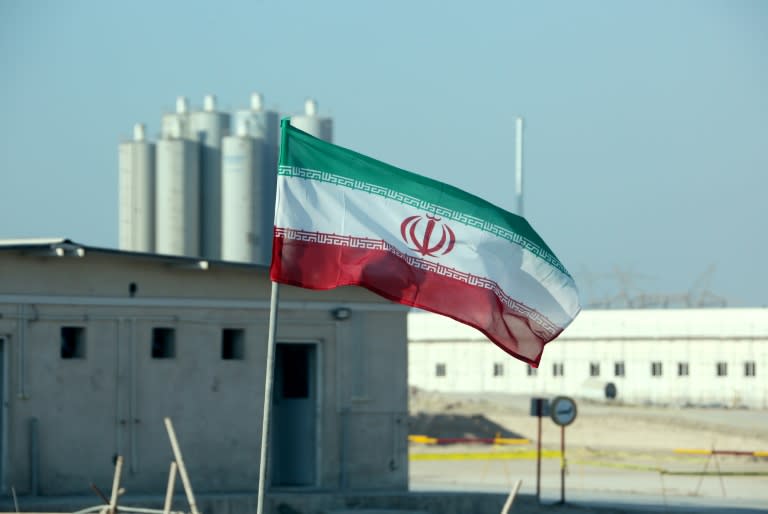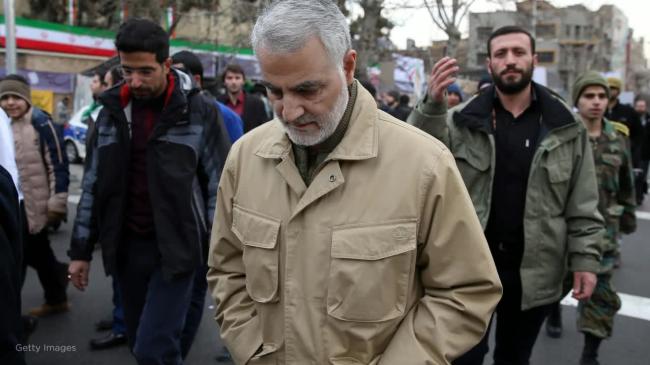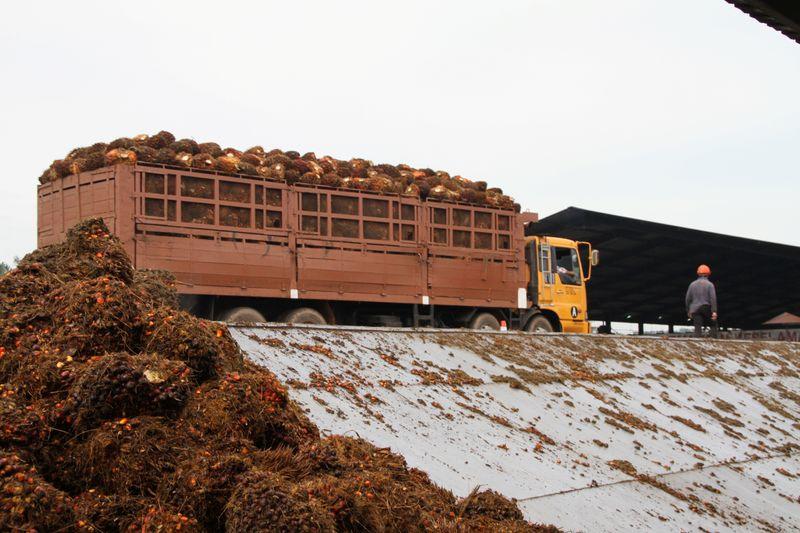Quake hits near Iran nuclear plant, injuring seven
AFP•January 7, 2020

The Bushehr plant, which produces 1,000 megawatts of power, was completed by Russia after years of delay and officially handed over in September 2013 (AFP Photo/ATTA KENARE)More
Tehran (AFP) - A magnitude 4.5 earthquake on Wednesday rattled an area less than 50 kilometres (30 miles) from Iran's Bushehr nuclear power plant near the country's Gulf coast, a US monitor said.
The quake, which had a depth of 10 kilometres, struck 17 kilometres south-southeast of Borazjan city at 6:49 am (0319 GMT), the US Geological Survey said on its website.
State news agency IRNA said the earthquake was felt in Bushehr.
There were no reports of any damage to the nuclear facility.
But seven people were injured, including four who were hospitalised, IRNA reported, citing the head of Bushehr's crisis management centre, Jahangir Dehghani.
"The crisis management team is in the region and assessing the damage" to buildings, he said in the report published hours after the earthquake struck.
The latest quake comes exactly a fortnight after a magnitude 5.1 earthquake hit the same area, without causing any casualties or major damage.
The Bushehr plant, which produces 1,000 megawatts of power, was completed by Russia after years of delay and officially handed over in September 2013.
In 2016, Russian and Iranian firms began building two additional 1,000-megawatt reactors at Bushehr. Their construction was expected to take 10 years.
Iran's Gulf Arab neighbours have often raised concerns about the reliability of the Bushehr facility and the risk of radioactive leaks in case of a major earthquake.
The Islamic republic is seeking to reduce its reliance on oil and gas with 20 nuclear power plants planned over the coming years.
Its nuclear programme is at the centre of a dispute with the United States, which suspects Iran is trying to obtain a weeapons capability, something Tehran vehemently denies.
US-Iran tensions have risen sharply since May 2018 when President Donald Trump withdrew from a landmark 2015 accord that gave Tehran relief from sanctions in exchange for limits on the programme.
---30---


 Getty
Getty


 Jeremy Corbyn asked by Sky News if he considered General Qassem Soleimani a terrorist. (Getty)
Jeremy Corbyn asked by Sky News if he considered General Qassem Soleimani a terrorist. (Getty)




